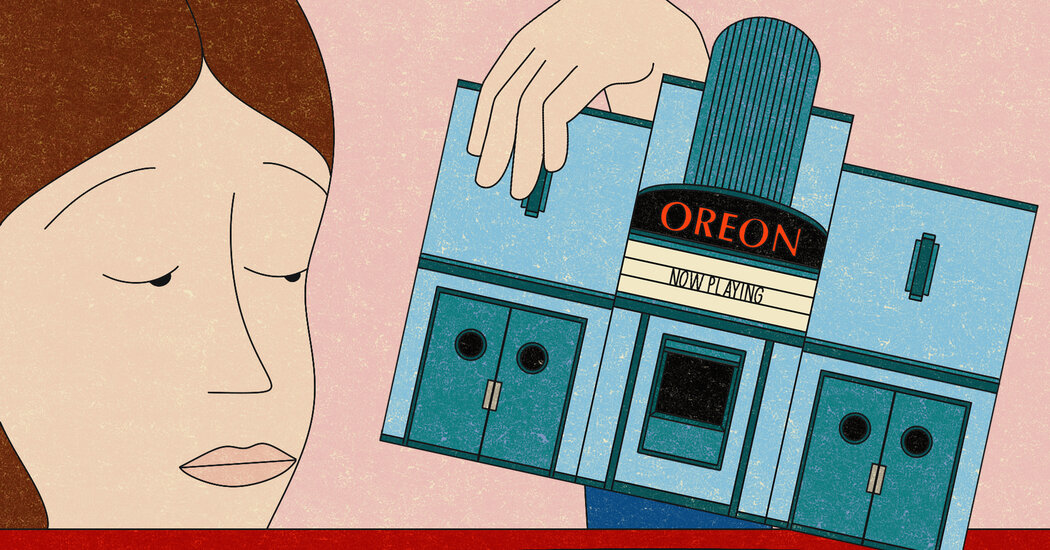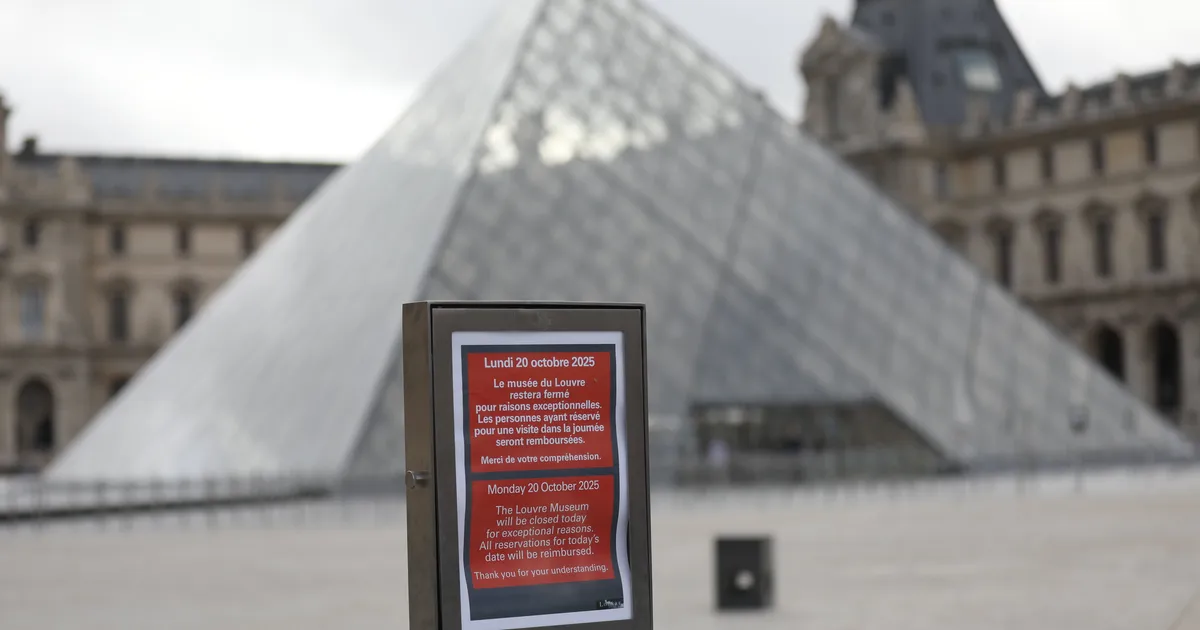Copyright ghanamma

Thousands thronged Independence Square in Accra on October 18 to witness Shatta Wale’s birthday concert, one of Ghana’s biggest music events in recent years. What began as a birthday celebration for the dancehall artist transformed the historic venue into a sprawling marketplace where sound became commerce and rhythm translated into revenue. The two-day event dubbed “Shatta Fest 2025” was organized in partnership with MobileMoney Ltd to celebrate Ghanaian music culture in grand style. From early afternoon, Accra’s informal economy began assembling around the venue. Food vendors fried, grilled, and stocked coolers. Mobile money agents tested their scanners. By dusk, every curb had turned into a micro-market. For one evening, music wasn’t just art; it was enterprise in motion. The concert provided a rare case study in how culture drives commerce, particularly within Ghana’s vibrant informal sector that employs the majority of the urban workforce. By afternoon, fans had already started filling the square, dressed in white, the official dress code for the night. Many travelled from outside Accra and even beyond Ghana just to witness the unforgettable celebration. This influx created immediate economic opportunities for traders, transporters, and service providers across the capital. Every direction you turned, trade was booming. Fried yam and kebabs disappeared before midnight. Bolt and taxi drivers thrived on surge demand. Drinks, accessories, glow stickers, and data bundles, everything sold. For hawkers and small traders, the concert wasn’t a sideshow; it was their business summit, with many likely tripling their usual income. The partnership with MobileMoney Ltd turned the concert into a real-time fintech showcase. Digital payments became the night’s silent rhythm, replacing cash for thousands of small transactions. Vendors who had never tried mobile payments joined the digital flow, discovering speed, security, and visibility that cash transactions cannot provide. What began as a music festival evolved into a financial experiment, suggesting that Ghana’s journey toward a cashless economy can be accelerated by culture rather than just policy mandates. When commerce happens naturally within cultural events, adoption barriers that formal financial education struggles to overcome simply dissolve. Across Osu, Ridge, and surrounding neighborhoods, hotels filled up. Restaurants extended their hours, ride-hailing apps kept buzzing, and Accra’s nightlife surged well past midnight. Fans from across the country, including Peller and Jiggy from Nigeria, joined in the fun, proving Shatta Wale’s influence goes far beyond Ghana. The regional and international attendance underscores Accra’s growing reputation as West Africa’s cultural capital. Online, the visuals told their own story. Drone shots of a packed Independence Square went viral, drawing millions of views and positioning the city as a destination where music, youth energy, and enterprise collide. The concert, which was free entry, saw patrons dressed in white to celebrate Shatta Wale. The stage also featured performances from top acts like Kweku Flick, Patapaa, Moliy, Amerado, Wendy Shay, and Lyrical Joe, who kept the energy high with their hit songs. Sarkodie, who recently staged a successful Rapperholic Concert in Kumasi, pulled up on stage to support Shatta Wale as the duo delivered another impressive performance. Behind the flashing lights and booming speakers lies a quiet economic truth: Ghana’s creative industry isn’t just entertaining; it’s employing. Every event connects a value chain including sound engineers, stage builders, decorators, transporters, and food suppliers, each earning from the rhythm. The free admission model removed economic barriers while potentially drawing crowds large enough to generate significant social media content that amplified the event’s impact beyond those physically present. In today’s entertainment landscape, social media reach often matters as much as in-person attendance for building brand value and cultural influence. However, the event also exposed challenges that accompany large-scale gatherings. Security personnel struggled to control an excited crowd, with uniformed staff wearing orange vests seen attempting to hold back eager fans pushing against metal fences. Even though there were a few minor issues such as car accidents, people passing out, and heavy traffic at the venue, the security team made up of Ghana Police, Military, Immigration, Fire, and Ambulance Services acted quickly and ensured everything returned to normal. The aftermath presented another reality check. After Shatta Wale’s highly anticipated Shatta Fest came to an end at Independence Square, the entire area was covered with piles of plastic bottles, food packs, and general waste left behind by the thousands of fans who had attended the show. A group known as the Buzstop Boys came out early in the morning, armed with rakes, shovels, gloves, and waste bags to clean up the massive mess. These young volunteers, known for their dedication to keeping Ghana clean, moved from one end of the Square to the other, collecting trash and restoring the place to order. The waste management challenge highlights how event planning must incorporate environmental considerations alongside entertainment and economic objectives. Large gatherings generate substantial refuse that requires coordinated cleanup efforts to prevent public health hazards and maintain venue integrity. Despite these operational challenges, Shatta Fest 2025 demonstrated economic principles that policymakers should study carefully. The event generated value across multiple sectors simultaneously without requiring government subsidy or direct intervention. Market forces, cultural appeal, and entrepreneurial initiative combined to create economic activity that formal planning often struggles to achieve. Though the concert was free to attend, the value it generated rippled across Accra’s economy. Hotels earned room revenue, restaurants served extra covers, transporters moved thousands of passengers, vendors sold inventory, and mobile money platforms processed countless transactions. Each of these activities generated income, employment, and tax revenue that contributed to the city’s economic vitality. With strategic planning, such events could become part of Ghana’s broader economic playbook. The creative industry already contributes significantly to GDP, drives digital innovation through content creation and fintech integration, and promotes tourism by positioning Accra as a cultural destination worth visiting. In summary, the Shatta Fest 2025 event was a landmark and historic event that would certainly go into the annals of the Ghanaian music industry as one of the most attended events. Beyond the music industry records, it provided tangible evidence of how culture creates commerce when conditions allow entrepreneurship to flourish around popular gatherings. The informal economy that thrived around Independence Square represents Ghana’s economic reality more accurately than formal sector statistics suggest. Millions of Ghanaians earn livelihoods through small-scale trading, service provision, and entrepreneurial hustle that official employment figures don’t capture. Events like Shatta Fest create concentration points where this informal economy operates at maximum efficiency and visibility. For vendors who tripled their daily income during the concert, that revenue means school fees paid, rent covered, and inventory restocked. For mobile money agents who processed hundreds of transactions, it means commission earned and digital financial services expanded. For transporters who operated through the night, it means fuel costs covered and profits realized. These micro-level economic impacts aggregate into macro-level significance when multiplied across thousands of participants. The challenge lies in recognizing, measuring, and incorporating cultural events into economic development strategies rather than treating them as mere entertainment that happens outside the “real” economy. Ghana’s creative industry stands at the intersection of culture and commerce, art and enterprise, tradition and innovation. Shatta Fest 2025 demonstrated this convergence in real time, showing that when artists command cultural influence and organizers facilitate commerce, the resulting economic activity can rival traditional industries in immediate impact even if it doesn’t match them in sustained employment or formal structure. The lesson for policymakers involves creating enabling environments where cultural events can flourish while addressing the operational challenges they present. This means improving venue infrastructure, streamlining permit processes, supporting waste management coordination, and recognizing entertainment as legitimate economic activity worthy of policy attention and resource allocation. As Accra positions itself as West Africa’s cultural capital, events like Shatta Fest provide both opportunity and template. The opportunity lies in leveraging cultural appeal to drive tourism, commerce, and innovation. The template involves creating conditions where entrepreneurship flourishes around cultural gatherings, digital payments replace cash transactions, and social media amplifies local events to global audiences. Whether Ghana capitalizes on this potential depends on sustained commitment to supporting the creative industry with infrastructure, policy frameworks, and recognition of its economic significance. For one night at Independence Square, culture powered commerce in ways that formal economic planning rarely achieves. The question is whether this becomes a regular pattern or remains an occasional occurrence that entertainment observers celebrate while economic policymakers ignore.



